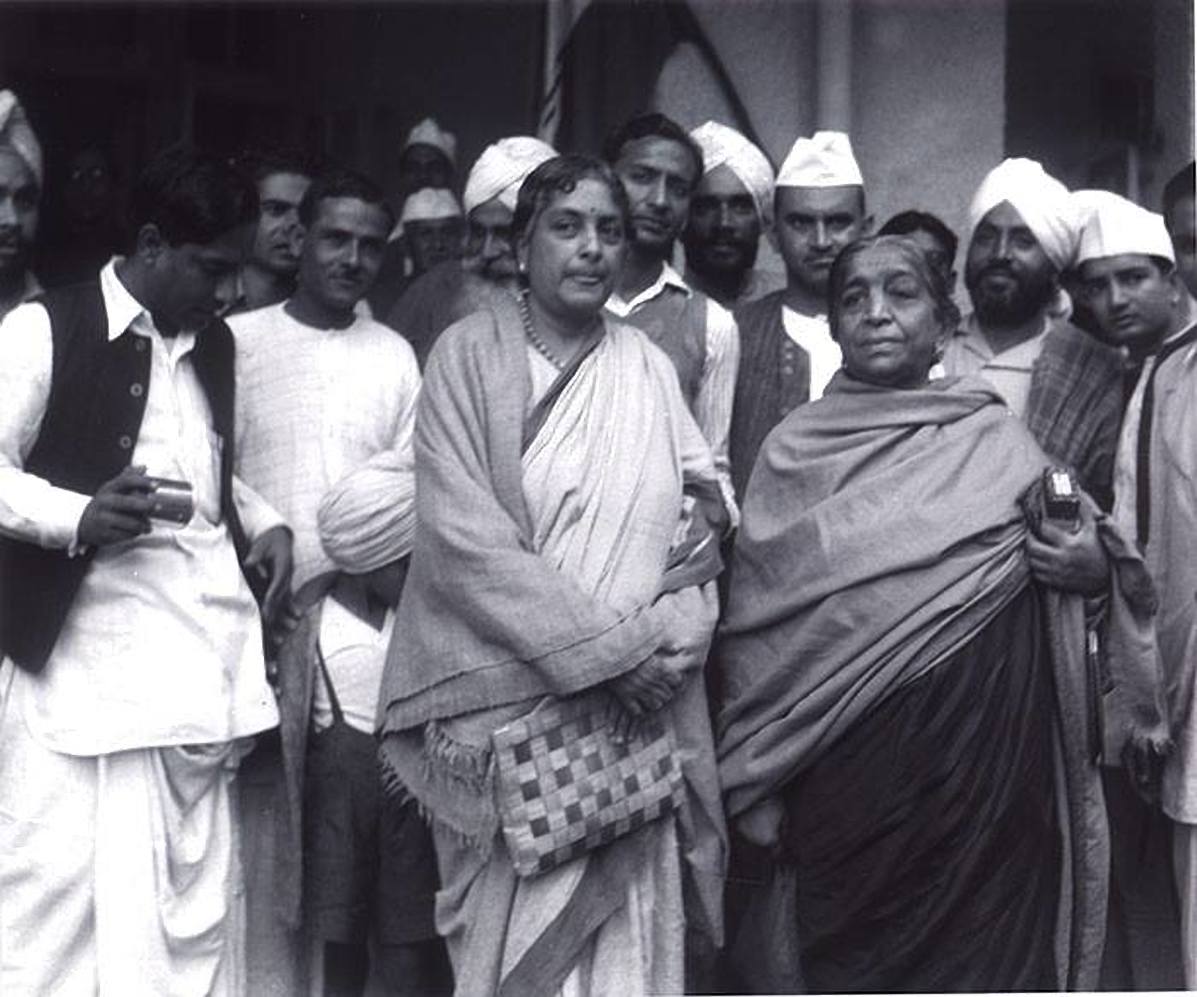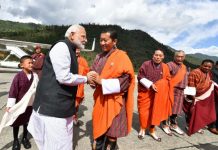
What can an average citizen of this country do to counter these communal slogans? Try and make others sense that the dangerous build-ups that one is witnessing seem leading towards civil strife.
In these recent days a bunch of political men have publicly come up with provocative communal statements and hate slogans. Even giving public statements to be equipped with swords and arms. And at one particular rally in Karnataka they were seen carrying swords. All in full public view.
Shouldn’t these hate speeches and communal slogans be banned! Aren’t these eerie build-ups outrageously horrifying…out to destroy us! Shouldn’t these communal characters be halted and banned and jailed! Aren’t these moves just too dangerous for our very basic survival, for once civil strife spreads out it could get un-controlled.
What can an average citizen of this country do, to counter these hate speeches and communal slogans? Wake up to these disasters staring in the face. Try and make others sense, drill into their heads that the dangerous build-ups that one is witnessing seem leading towards civil strife.
Years back, when I had asked actor turned politician, Sunil Dutt, what could be the possible solution to halt communal poisoning cum rioting, he said,“There can be only one solution! Only last night I was going through the latest ‘Time’ magazine and the photographs of the civil war ridden Somalia shocked me so much that I couldn’t eat. It was dinner time but I couldn’t touch a morsel. Just couldn’t! Those pictures of the hapless humans injured and ill, crawling about, rendered so frail and weak that many couldn’t even walk, hit! They relayed the havoc taking place because of the ongoing civil strife in Somalia. I’m going to suggest those photographs should be displayed all over our towns and cities, at all public places —in colleges, schools, universities, offices, libraries. And displaced with this caption: “See what internal war and civil strife and unrest can do to you, to your country, to your fellow countrymen!”
*******
She stood up for the rights of the citizens
Kamaladevi Chattopadhyay had passed away on 29 October 1988, but till date she is remembered as the woman who stood up for the rights of the citizens. In her memoir, ‘Inner Recesses Outer Spaces’ there are more than glimpses of her observations on the various aspects – the challenges of being a prisoner, the post-partition plight of refugees, the role of Muslims in the freedom movement.
She was strong, independent and daring. In fact, when Mahatma Gandhi had announced the Satyagraha movement in 1930, she was one of the only two women chosen for inclusion in the frontline unit of seven volunteers at Bombay (Mumbai) who marched to the beachfront to boil seawater and make salt. Later, in a startling move, Kamaladevi marched to the High Court and asked the magistrate present whether he would be interested in buying the ‘Freedom Salt’ she had just prepared!
Although she used to interact with several leaders associated with the freedom struggle, including Pandit Jawaharlal Nehru, Maulana Abul Kalam Azad and Sardar Vallabhbhai Patel, Mahatma Gandhi figures the most in her writing. She comments how everyone in those days was trying to understand his philosophy of non-violence: “Impatiently, we looked to Gandhiji for a sign, but none seemed visible. We had not yet grasped his uncanny capacity to gauge a situation accurately, and the ability to act at the proper psychological hour. … Though we fretted, we knew that when the hour came, he would strike and strike hard and one day it would be the final stroke.”
In addition, she has highlighted his aversion for security ‘bandobast’. To quote her, “The past few weeks before it [his assassination], one had been persistently hearing of threats to the Mahatma… then the bomb explosion. Still it did not carry reality. Who would want to kill one who was an embodiment of love and compassion? … When it happened many blamed the victim himself, for he sternly forbade any security measures. For him his life was not worth it if it was to be guarded by weapons. If such a moment came, it meant it was time for him to go. He could live only if he could serve and his service was welcomed… What a different world we live in now. The public today is universally suspected. The more important a public function, the more ferocious the display of weapons.”
Kamaladevi has been among the handful of commentators who focused on the contributions made by the Muslim community, including women, in the Independence movement. She writes: “The picturesque Begum Hazrat Mahal played an active part in the 1857 war by personally leading her troops into the battle.” She dwells on other details too, “In the early days of the Civil Disobedience movement under Gandhiji, a body of Muslim theologians was founded called Jamiat-ul-Ulema-i-Hind to get all Muslim religious leaders to fight the British. …When the Satyagraha movement was launched in 1930, the Jamiat was amongst the earliest to take the plunge, followed by the Ahrar Party of Punjab, the Shia Political Conference, the Khudai Khidmatgar of the North West Frontier ”
Detailsof the days she spent in prison should be read by all those who are working on jail reforms and considering improving prison conditions for the better survival of the jailed inmates. She describes life in confinement: “A prison brings out the worst in people is a common phrase much bandied out. No doubt confinement within a limited space has its own exasperations apart from discomforts; its capacity of irritation is limitless… Here we are placed in a heterogeneous group drawn from hundreds of homes, diverse communities with different habits, speaking babble of tongues… Prison to me was a trial in other ways. I am not a gregarious animal and it is a great trial to live for months on end in small crowds. …It’s is not surprising that one’s outlook gets cramped, sense of values distorted and people are inclined to be irritated over trifles, which are exaggerated.”












